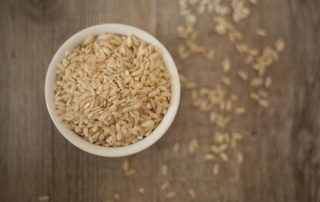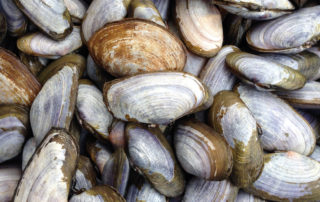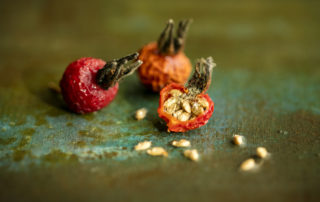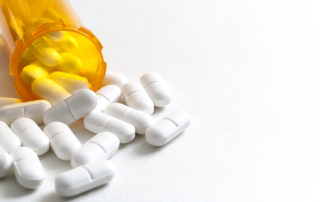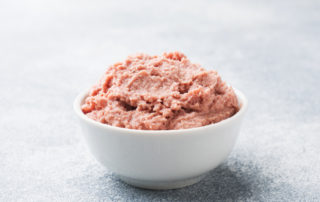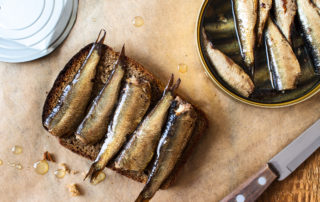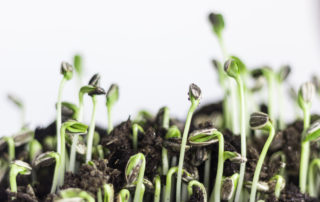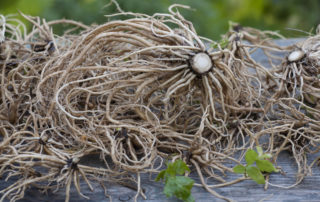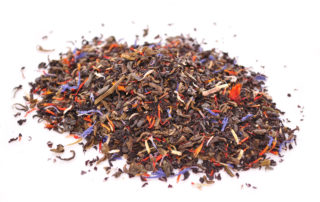Lowering Glutamate | B8 (Inositol)
Vitamin B8 (Inositol)- found in brown rice, organ meats, citrus, nuts, and leafy greens. Inositol (B8) is key in excess glutamate break down… “As a nootropic, Vitamin B8 (Inositol) can be used to treat panic attacks and anxiety, depression, Obsessive Compulsive Disorder (OCD), bulimia, depression in bipolar disorder and mood swings.” https://nootropicsexpert.com/vitamin-b8-inositol/

